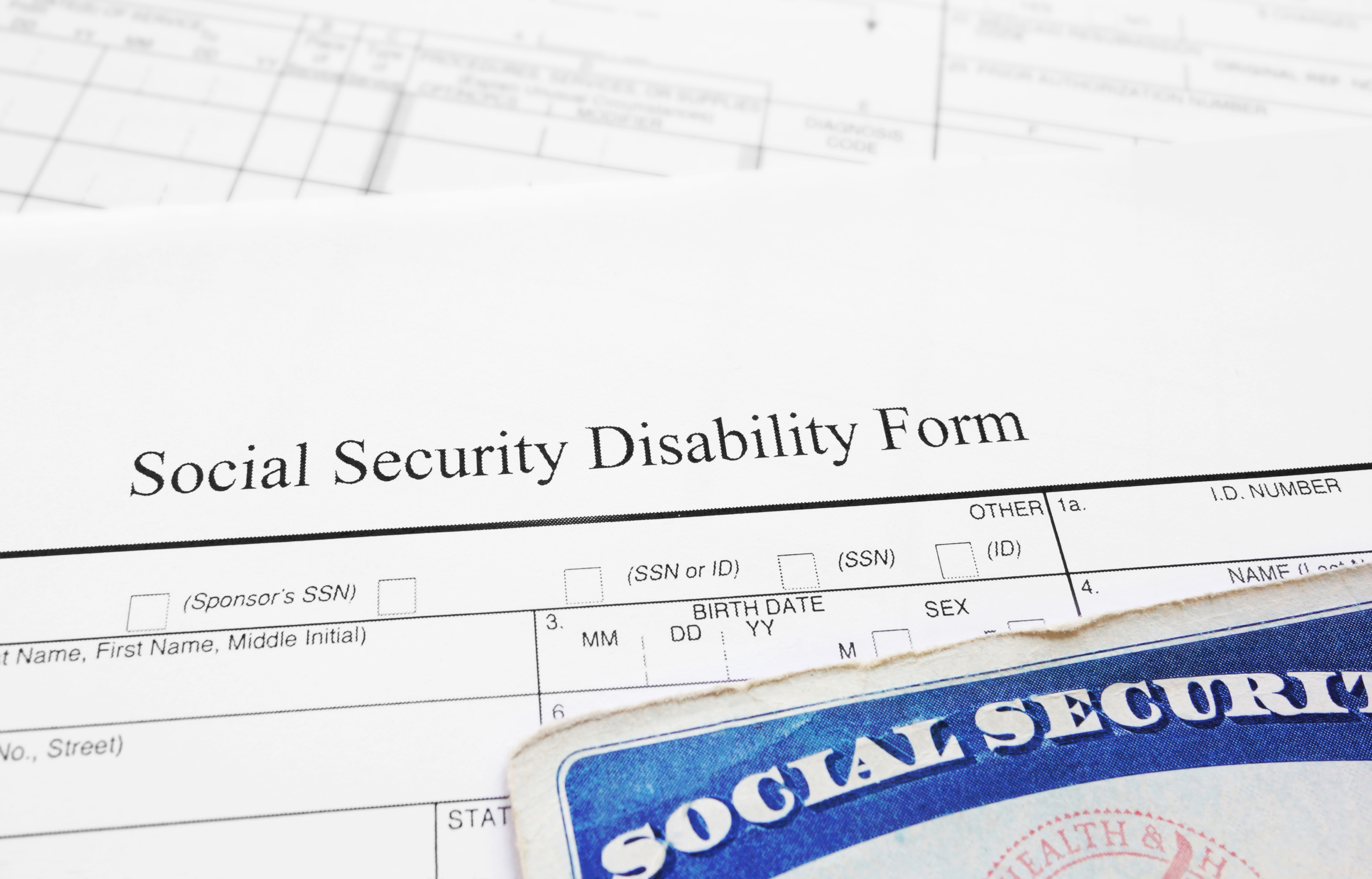Whether you need the extra income, derive some amount of pleasure or a sense of self-worth from working, or simply need a diversion that gets you out of the house, many recipients of social security disability (SSD), whether social security disability insurance (SSDI) or supplemental security income (SSI), wonder if they can work part-time and still receive SSD benefits.
The answer is yes. But, like everything, there are certain rules that must be followed to ensure continued eligibility for the receipt SSD benefits.
SSD benefits and substantial gainful activity
Social security disability insurance benefits are paid to applicants whose disability makes them unable to engage in substantial gainful activity. During any period that you are receiving SSDI – including the period when your application is pending – you may continue to work, so long as your earnings do not exceed the level at which the Social Security Administration (SSA) considers them to be substantial. In 2016, earnings of more than $1,130 per month ($1,820 if you are blind) are considered “substantial” and will end the receipt of benefits; the earnings amount usually changes each year.
When considering whether your monthly earnings are substantial, the SSA deducts any work-related expenses from your income. These work-related expenses include the cost of any item or service necessary to allow you to work due to your disability, even if they are useful to your everyday life. Examples of deductible work-related expenses include:
- Prescription co-payments;
- Counseling services;
- Certain expenses for transportation to and from work;
- Personal attendant;
- Job coach;
- Wheelchair, or;
- Any other specialized equipment.
If your net earnings, once allowable expenses are deducted, are less than what the SSA considers substantial, you will continue to receive your SSD benefits.
Trial work period and SSD benefits
For SSDI recipients who want to return to work, but are unsure if their disability continues to negatively impact their ability to do so, the SSA offers a trial work period (TWP). You may begin a trial work period the first month you are entitled to receive benefits or the month the application for benefits was filed, whichever comes later.
During a trial work period, SSDI recipients may earn an unlimited amount of income each month for nine months, and still receive their full SSD benefits. The nine months do not need to be consecutive, and runs over a 60 month (five year) period. The SSA will consider an SSD recipient to be engaged in a TWP if his or her earnings exceed $810 a month (the amount may change annually). A self-employed individual will be considered engaged in a TWP is his monthly earnings (less business expenses) exceed $810, or if he works more than 80 hours in the business.
When the TWP ends, an individual will remain eligible to receive SSD benefits while working for the next 36 months (three years), so long as his monthly earnings do not exceed the SGA threshold.
SSI benefits and part-time work
SSI recipients may work and still receive benefits so long as their monthly earnings do not exceed the SSA’s income level, which is $733 for 2016. Keep in mind that certain types of income are excluded from the SSA’s calculation of your monthly income, so it may be possible for you to earn more each month and remain eligible for SSI benefits. There is no trial work period for SSI recipients.
Reporting requirements while working
It is important to keep the SSA informed of any work you perform while receiving benefits. You have a duty to report to the SSA whenever you:
- Start or stop work;
- Have a change in your duties, hours or wages, or;
- Start paying work-related expenses as a result of your disability.
Are you applying for Social Security Disability benefits for IBS or considering applying for Social Security benefits? Consider the Law Office of The Good Law Group for your representation. Contact us online or call #(847) 577-4476 for a free case evaluation.









